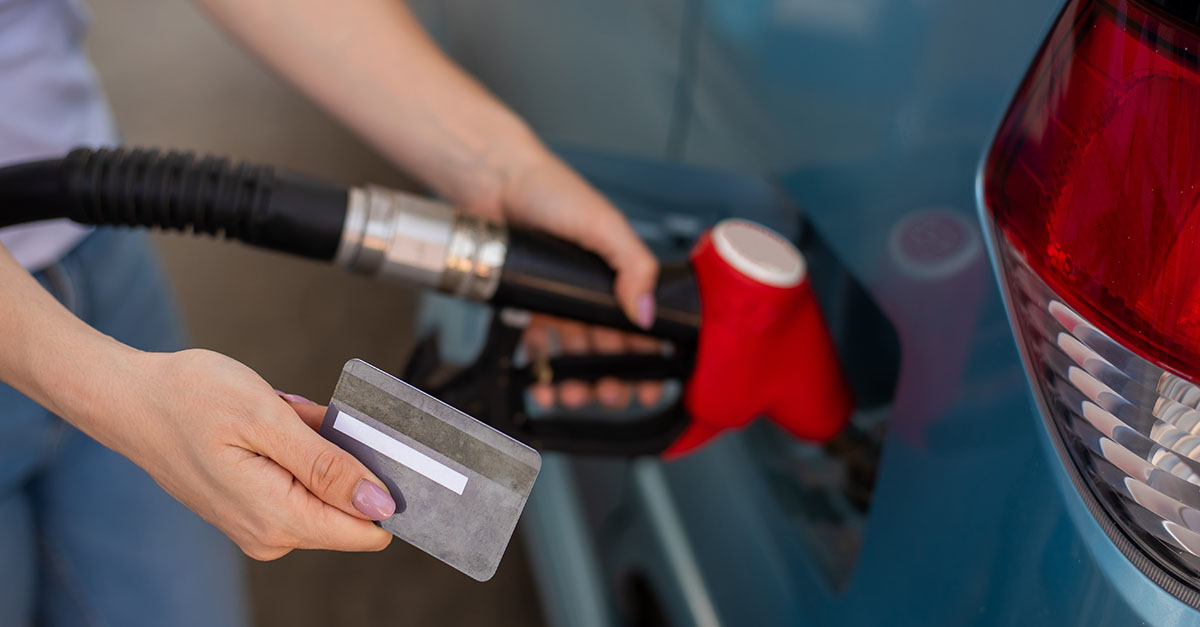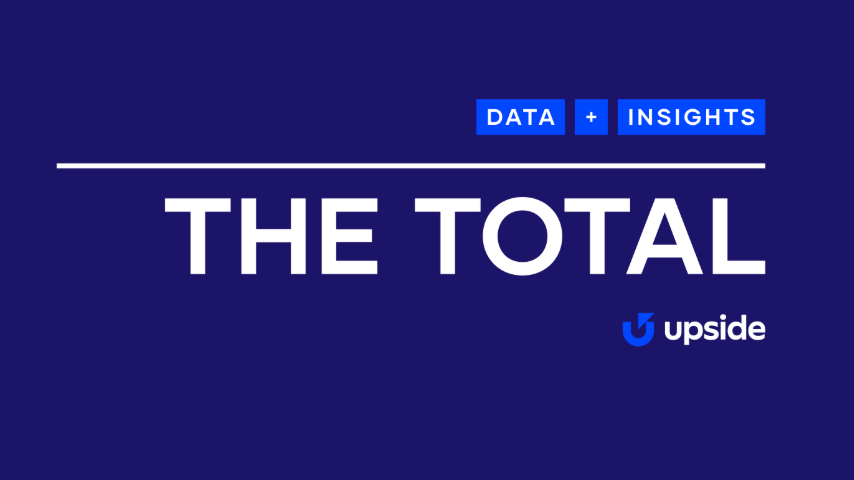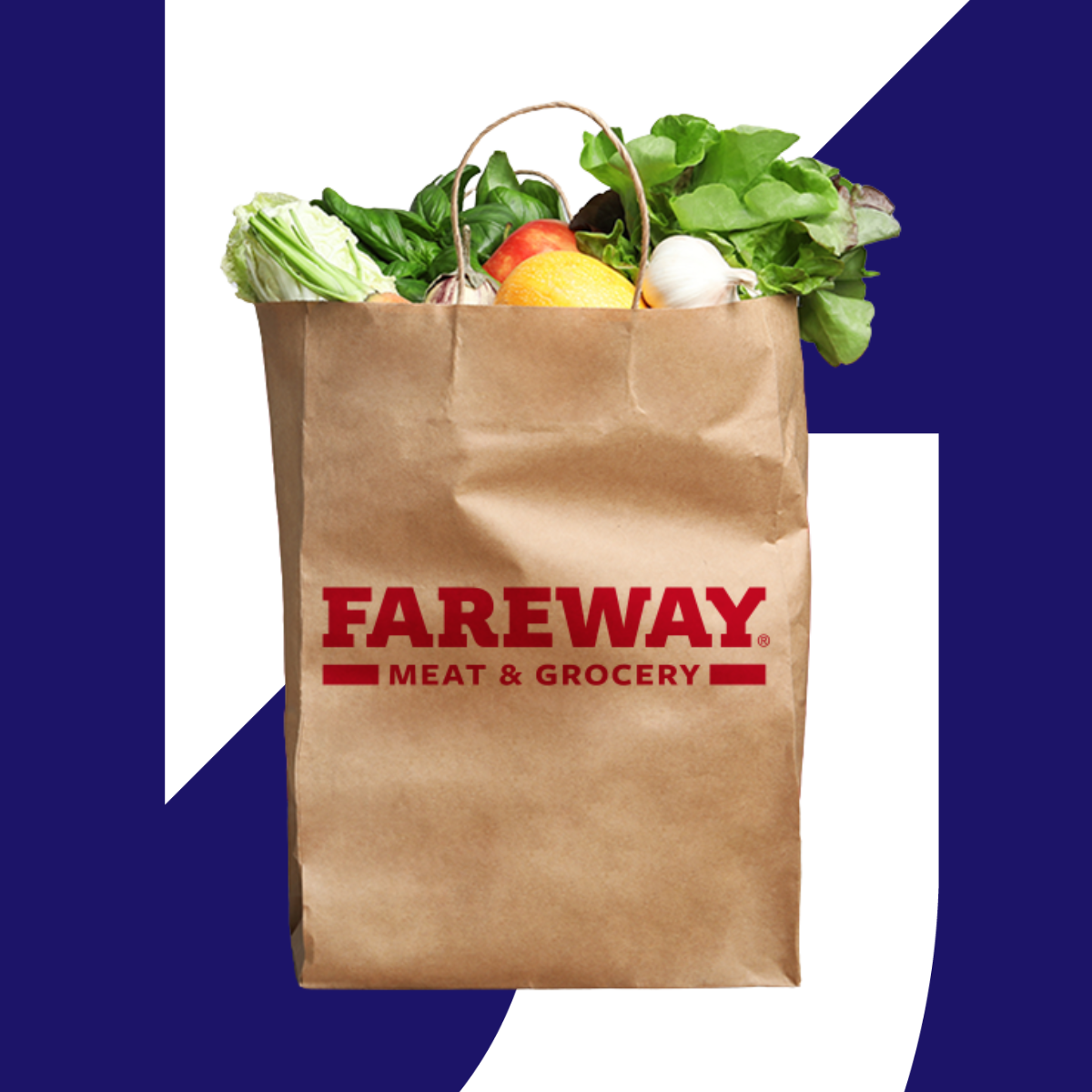Survey data: Wawa's customers reducing trips to prioritize brands on Upside
Your most loyal customers are leaving. Not for better prices, not for closer locations, but for something else entirely.
Wawa is aggressively expanding into new markets, but established markets like Orlando and Tampa show the risk of not participating on Upside. Surveys reveal that more than half of Upside users in these regions have stopped visiting Wawa. The reason? They’ve built new routines with competitors who are on the platform they use daily. This isn’t just preference; it’s real behavior change that threatens long-term loyalty at home while the brand invests heavily in growth elsewhere.
This is actual behavior change from direct customer feedback. In Orlando, 54% of surveyed users indicated Wawa as a station they no longer frequent because it is not on Upside. Tampa shows 52%. These customers haven't just reduced visits; they've established new routines with specific competitors offering cash back through Upside.
Where these customers are going now and why
Consider one real Tampa survey respondent named Nick, a Wawa Rewards member who stopped visiting entirely. Not because prices changed or a competitor opened closer, but because Wawa wasn't on Upside. His new routine? Circle K, RaceTrac, Shell, and Speedway. He maintains multiple loyalty memberships, showing continued interest in rewards. His message is simple: "Offer Upside & I will come back more often."
Nick represents a pattern playing out across Florida markets. The Orlando and Tampa data shows these aren't customers bouncing between locations within a brand looking for better prices. They're choosing entirely different brands.
The beneficiaries are measurable:
- Circle K captures 74% of shifting customers in Orlando, 68% in Tampa
- RaceTrac sees 76% in Tampa, 61% in Orlando
- Shell, Speedway, and others split the remainder
- 85-90% confirm purchasing from participating stations instead of other nearby brands
- Over half changed their primary fuel brand entirely
The patterns run deeper than deal-seeking. About 73% of users specifically planned fill-ups around Upside-participating stations. Over half drove out of their way for Upside's personalized offers. This isn't opportunistic behavior, it's intentional habit formation.
Nick and others haven't abandoned loyalty programs. They've shifted to retailers whose combined offerings create more compelling value. These are engaged consumers making calculated decisions. The data confirms what retailers fear most: customers aren’t just shopping around, they’re forming new, lasting habits with competitors.
The lost opportunity beyond the pump
Nick isn’t just buying fuel at Wawa’s competitors. Like 30% of Upside users, he's making food and convenience purchases, too.
These aren't planned food runs that happen to include fuel. These purchases occur because customers are already on-site, consolidating spending where cash back is available. For brands that have invested heavily in fresh food infrastructure like signature hoagies, specialty beverages, and prepared foods. Watching that business migrate alongside fuel gallons represents compound losses.
Each customer who fuels elsewhere takes more than gallons. They take food sales, beverage purchases, and convenience transactions. Categories that traditionally generate your strongest margins.
The survey confirms these aren't theoretical. Users explicitly state that they now buy food and convenience items from new brands because their preferred locations aren't available on the Upside platform. Nearly one in three users brings extra spend on-site as a result of participation.
The pattern holds across all customer types — Upside participation now ranks as high as brand preference and store location in driving customer choice.
This multiplier effect becomes critical during expansion. In new markets where brand awareness is still building, competitors with established platform partnerships already offer value extending beyond price and location to encompass the full range of purchases. They're capturing entire customer relationships.
Customers are ready to switch back
The same data documenting customer movement points toward recovery. When asked about future intentions, 66% of Orlando respondents and 63% in Tampa said they would return to or visit Wawa more often with platform participation.
Among users who stopped visiting, 100% identified platform absence as the reason — not price, convenience, or service quality. These customers haven't rejected brands; they've found better value elsewhere.
For retailers in expansion mode, the implications are clear. Every dollar invested in new markets assumes stable revenue from existing ones. If established customers continue migrating at current rates, expansion economics shift dramatically, but Upside can help. Our dedicated, engaged user base — customers like Nick, along with millions of others — can bolster your retention efforts at existing stores and your acquisition efforts as you grow.
Today, all these customers have demonstrated they'll change behavior for the right value proposition. They've already shown they'll leave. Now, they're telling you exactly what brings them back.
The choice ahead
The evidence from Orlando and Tampa represents more than regional feedback. It's a preview of competitive dynamics playing out across fuel retail, where loyalty increasingly depends on tangible, immediate value delivery.
First, customer defection is real and measurable: over half have already changed behavior. Second, the losses compound as fuel customers become food customers at competing locations. Third, the path to recovery is clear with two-thirds saying they would return with Upside participation.
Don’t lose any more customers or precious time
Capture more food and fuel sales by getting your stores on the Upside marketplace today. Get in touch with our team of experts to explore our marketplace and talk about what's possible.
Share this article:
Request a demo
Request a demo of our platform with no obligation. Our team of industry experts will reach out to learn more about your unique business needs.










.png)





